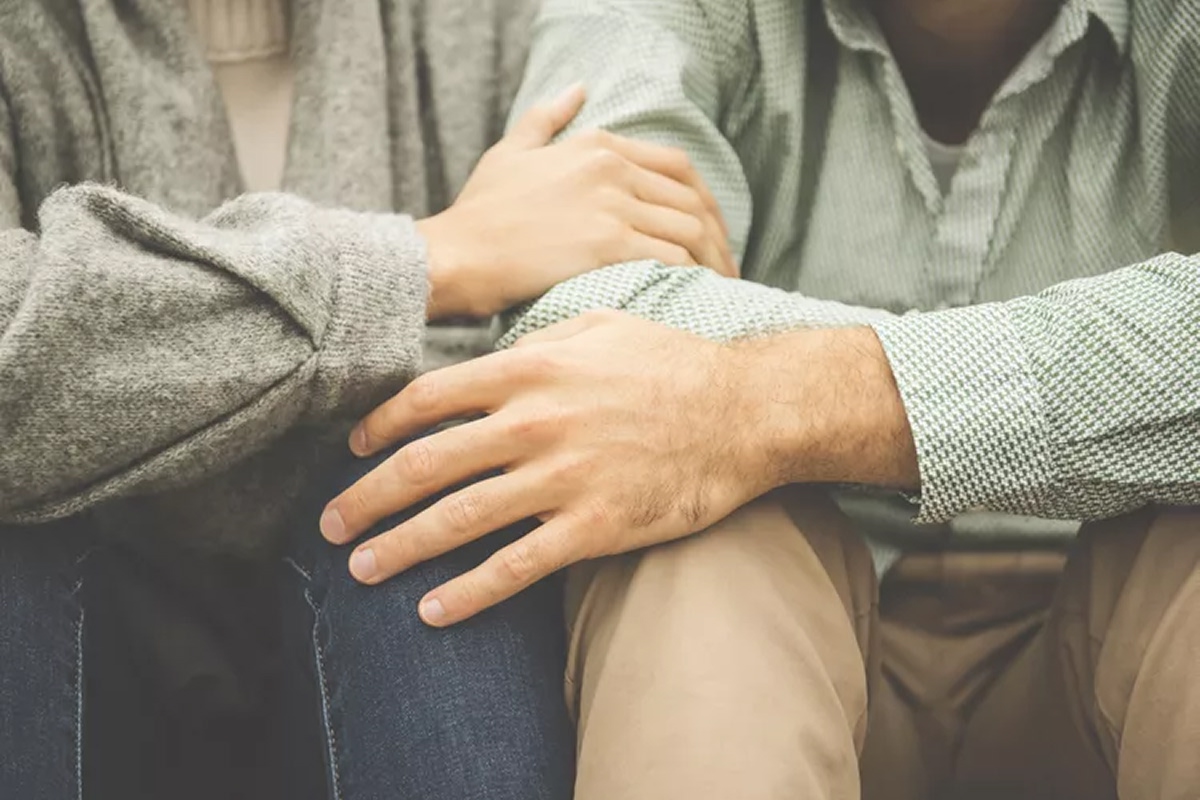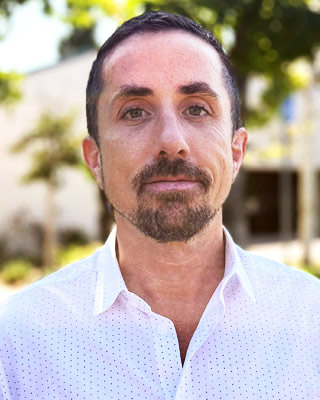Key Takeaways:
- Active addiction can be treated by addressing both the physical dependence and emotional pain driving substance use.
- Breaking the cycle of active addiction requires structure, therapy, and continuous support from professionals and peers.
- With treatment at 12 South Recovery, individuals struggling with active addiction can rebuild stability, confidence, and lasting sobriety.
The Fight You Don’t Have to Face Alone
Addiction can make life feel like an endless cycle of using and regretting. When someone is in active addiction, it can feel impossible to regain control from the pull of alcohol or drugs. Recovery begins with one decision: to reach out for help. At 12 South Recovery in Lake Forest, CA, we help people overcome active addiction through structure, guiding them toward lasting healing and purpose.

What is the Meaning of Active Addiction?
Active addiction means a person is currently using drugs or alcohol, despite the harm it causes. It’s a state of being where substances influence thoughts, emotions, decisions, and daily life.
During active addiction, people often feel powerless. They may want to stop but find that cravings, emotional triggers, and habits are stronger than willpower alone. This is because addiction rewires the brain’s reward system, causing intense urges to continue using even when consequences are severe.
At 12 South Recovery, treatment begins with compassion. Instead of focusing on shame, we focus on healing the mind, body, and spirit. Every client receives support from experienced clinicians who guide them through detox, therapy, and emotional restoration.
What Does Active Addiction Look Like?
Active addiction can appear differently from person to person, but there are clear patterns that often appear. Some common signs include:
- Using substances despite consequences
- Withdrawing from family and friends
- Sudden changes in mood, behavior, or sleep
- Financial or legal problems
- Neglecting work, health, or responsibilities
It’s important to note that these signs are not failures. They are symptoms of a disease that needs care. 12 South Recovery helps individuals recognize these patterns and replace them with healthier behaviors.
Through individual therapy, group therapy, and holistic approaches, clients develop awareness and learn to rebuild confidence. Healing begins once the person acknowledges what active addiction looks like and accepts help.
What is the Difference Between Active and Passive Addiction?
To understand addiction fully, it helps to look at how it progresses and changes over time. Active and passive addiction describe different stages of a person’s relationship with substances.
| Aspect | Active Addiction | Passive Addiction |
| Definition | Continuous substance use with ongoing consequences | Periods of abstinence or minimal use, but addiction-related thoughts or urges remain |
| Behavior | Regular use, cravings, and compulsion | May not use but still struggles mentally or emotionally |
| Focus | Immediate relief through substances | Mental fixation on past use or fear of relapse |
| Treatment Needs | Detox, therapy, support, and structure | Ongoing counseling, relapse prevention, coping strategies |
Both stages require care. Someone may move between active and passive addiction before achieving long-term recovery. 12 South Recovery addresses both stages through personalized treatment and ongoing support, helping clients sustain sobriety and emotional growth.
What is the Active Addiction Cycle?
The addiction cycle often follows a predictable pattern.
- Emotional Trigger: Stress, trauma, or pain creates discomfort.
- Craving: The mind seeks relief through drugs or alcohol.
- Use: The person uses it to escape emotions or reality.
- Consequence: Physical, emotional, or social problems occur.
- Guilt or Shame: They feel regret and self-blame.
- Repeat: The emotions become triggers again.
Breaking this cycle requires support. At 12 South Recovery, we help clients address emotional triggers and develop healthy coping mechanisms through CBT (Cognitive Behavioral Therapy), DBT (Dialectical Behavioral Therapy), EMDR Therapy, and relapse prevention sessions. These therapies build resilience and self-awareness, helping individuals respond to life’s challenges without relying on substances.
What is the Root Cause of Every Addiction?
The root cause of addiction is often emotional pain or unresolved trauma. Many individuals begin using substances as a way to cope with stress, anxiety, depression, or past experiences. Over time, what starts as relief becomes dependence.
At 12 South Recovery, our team works closely with clients to uncover the psychological and emotional roots of addiction. This process may include exploring:
- Past trauma or loss
- Mental health disorders like anxiety or depression
- Family dynamics or environmental stress
- Low self-esteem or guilt
By identifying and healing these underlying causes, clients gain a stronger foundation for recovery. True freedom comes from addressing what fuels addiction, not just the symptoms.
Why Do People Grieve an Active Addiction?
It may sound surprising, but people often grieve their addiction. Addiction becomes part of a person’s routine, identity, and coping system. When it’s gone, they may feel a sense of loss even though recovery is a positive change.
This grief process is normal. It reflects the emotional bond the person had with substances, which once provided comfort or escape.
At 12 South Recovery, we help clients process this grief with care and understanding. Through individual counseling, group support, and holistic therapy, they learn to replace loss with purpose and meaning.
How Do You Treat an Active Addiction?
Treating active addiction involves several key steps that address both physical dependence and mental health. At 12 South Recovery, treatment begins with a client-centered approach that meets people where they are and guides them through recovery at a steady pace.
Here’s how we help:
Medical Detox
The first step is to remove substances safely from the body under medical supervision. Our detox program ensures clients are supported and comfortable while managing withdrawal symptoms.
Residential Treatment
After detox, clients transition to a structured residential program where they receive 24/7 care. This stage focuses on building stability, addressing emotional issues, and learning coping skills.
PHP and IOP
Our Partial Hospitalization (PHP) and Intensive Outpatient (IOP) programs offer flexibility while maintaining strong therapeutic support. Clients attend therapy during the day and return home or to sober living at night.
Continuing Care
Continuing care keeps clients connected to ongoing therapy, relapse prevention, and peer support. This stage helps them maintain progress after treatment.
Alumni Program
Our alumni program creates lasting community connections. Graduates stay involved through support groups, events, and mentorship opportunities.
Each stage focuses on healing both addiction and the mind behind it. Whether through CBT or adventure therapy, every treatment path at 12 South Recovery supports rebuilding life beyond addiction.
Get Addiction Treatment at 12 South Recovery
Overcoming active addiction is about taking one step toward healing. At 12 South Recovery in Lake Forest, California, our caring team is ready to help you start your recovery. Whether you need detox, therapy, or long-term support, we’ll walk with you through every step. Call 12 South Recovery Today!































